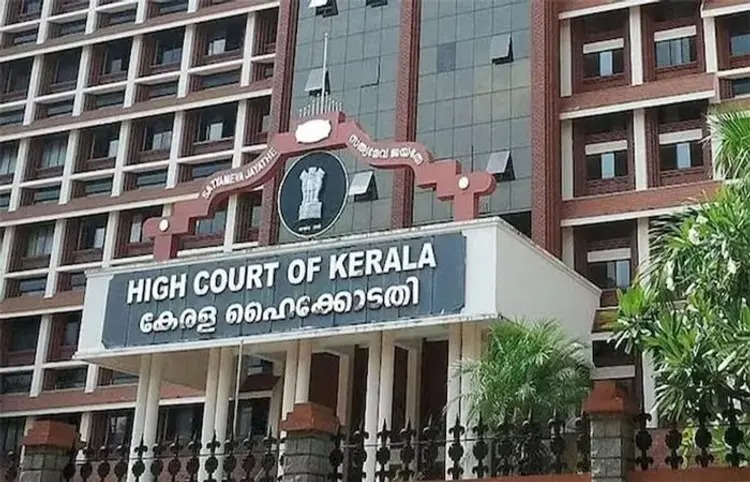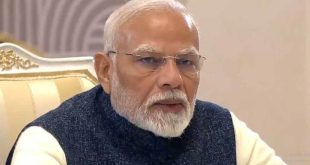
Kerala High Court News: In a landmark judgment, the Kerala High Court said non-fulfillment of a promise of marriage does not amount to abetment of suicide under Section 306 of the Indian Penal Code. A single bench of Justice CS Sudha gave this decision while accepting the discharge petition of the accused.
A woman named Anju committed suicide after her relationship with petitioner Biju Kumar deteriorated. Anju's sister filed this case and accused the accused of instigating her sister to commit suicide. Biju Kumar demands 101 gold coins as dowry from Anju's family. Unable to fulfill this demand, the relationship between Anju's family and Biju Kumar turned sour. After this the accused Biju Kumar started maintaining distance from Anju. Furthermore, Anju becomes upset when Biju Kumar decides to marry another woman. After this he committed suicide on 3 October 2013. After her death, Anju's family accused Biju Kumar of forcing her to commit suicide.
In this case, an FIR was registered against the accused under Section 174 of the IPC for unnatural death. However, later section 306 of IPC was also imposed against Biju Kumar. On the basis of the diary of deceased Anju, it was alleged that she was forced to commit suicide.
The High Court, while interpreting the definition of spreading malice under Section 107 of the IPC, said that it must be established that the deceased has been intentionally helped to compel him to take his own life. If something is said out of anger without caring about the consequences, it cannot be considered as malice. The High Court also cited Supreme Court decisions in the 2009 cases of Chitresh Kumar Chopra vs. Government of Delhi and 2001 Ramesh Kumar vs. Government of Chhattisgarh. In a 2001 case, the Supreme Court established that the accused must have created circumstances such that the deceased had no other option but to die. But the Kerala High Court did not find that the accused had created circumstances leading to the death of the deceased.
 look news india
look news india
